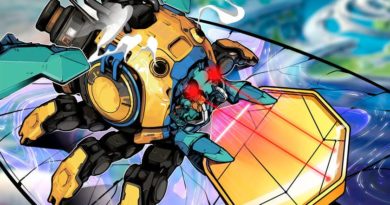Bidders Pay Up to 24% Less for MKR in Phase Two of MakerDAO Auction
As the inaugural MakerDAO debt auction comes to an end, $4.3 million in under-collateralized Dai will be burned, and bidders in the second phase bagged the biggest deals.
As the first MakerDAO debt auction draws to a close, March 23, a total of $4.3 million worth of undercollateralized Dai (DAI) has been bid across both phases, and will be burned.
But those bidders who waited for the second phase bagged the best deals, with some winners paying 24% less per Maker (MKR) token than the highest bidders in phase one.
Bargains to be had in the second phase of the auction
Opening offers on each of the 86 total lots were to receive 250 Maker tokens for fixed bids of 50,000 Dai. Subsequent bids then reduced the amount of MKR received, with the minimum reduction of 3% of the existing bid.
During the period of the first auction, MKR price went up from its initial level of around $265 to spike at over $300. This led to the automated auction-keeper bots placing bids for increasingly lower amounts of Maker.
Thirty-three of the 40 lots released in phase one were won with bids of 188.68 MKR, representing an equivalent token price of $265.00. However, the seven lots won with the highest bids, sold at a token price of $289.57.
In contrast, 50% of the 46 lots released in phase two were won with bids of $220.00 per Maker token, representing a 24% saving over the highest price paid in phase one.
A further 12 lots were won with bids equivalent to $226.60 per token, and another seven with bids of $233.64. Two of the lots were won with early low bids of around $250 per token, and two lots are outstanding at time of publishing.
MKR price had dropped back to $265 by the start of phase two of the auction, and has since continued to fall to $245.
More unique bidders in phase two
As Cointelegraph reported, 33 of the 40 lots auctioned in phase one were won by just three bidders, leading to accusations that the Maker Foundation had taken part in the auction itself.
The Maker Foundation refuted these claims, explaining that it had simply offered limited technical assistance to help some bidders participate in the auctions. It stressed that this assistance, “in no way provides informational or any other advantage to those bidders.”
While the second phase of the auction has certainly seen some heavyweight bidders trying to win multiple lots, there have also been smaller bidders. According to stats logged by Dune Analytics, phase two has seen 30 unique bidders, as opposed to 25 in the first phase.
Whoever wins the tokens, the debt auction mechanism has been shown to function as intended. It was designed to deal with shortfalls in collateral for total Dai issued through the Maker Protocol, and has managed to raise $4.3 million in the wake of the recent Ether (ETH) market crash.
Even those who paid the most for their Maker tokens have still got a bargain in relation to the longer-term price. In the year-to-date prior to the crash which triggered the auction, MKR traded at an average price of around $550.




